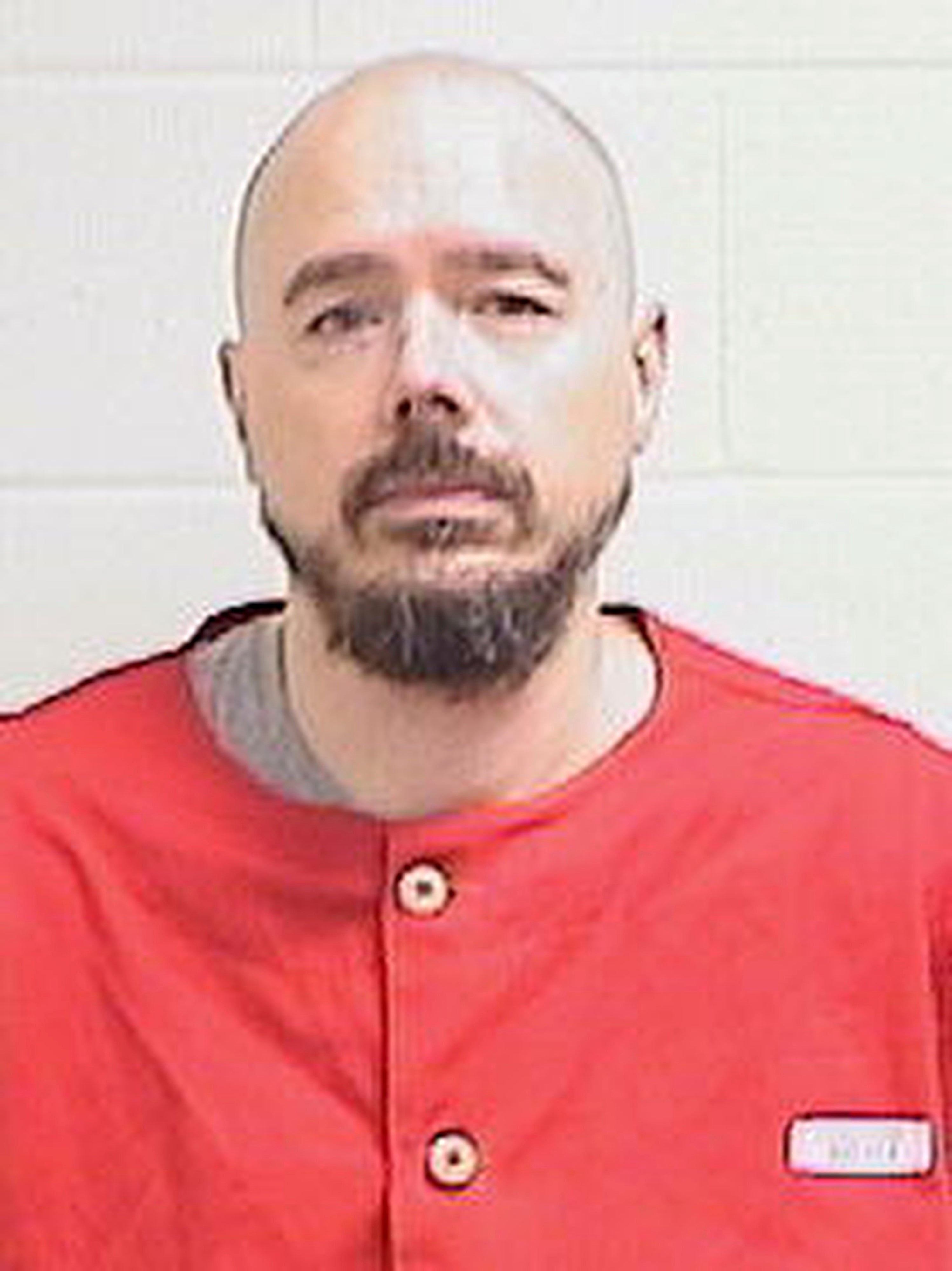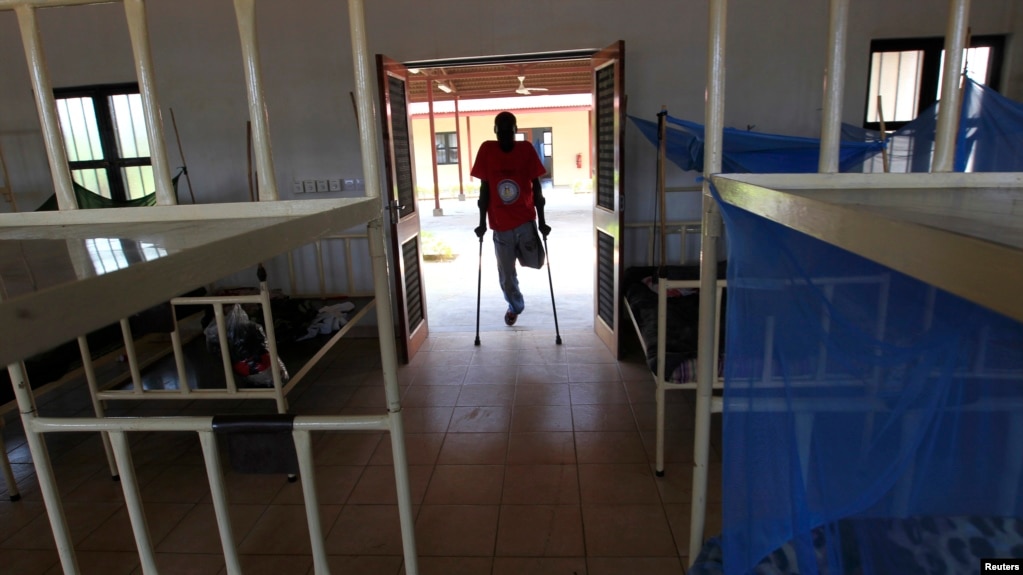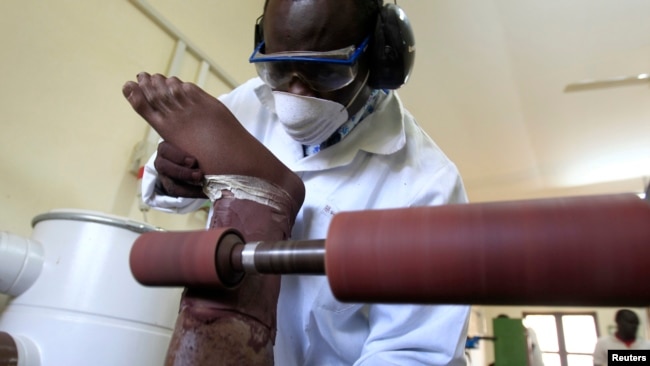Sudanese paramilitaries accused of widespread sexual violence
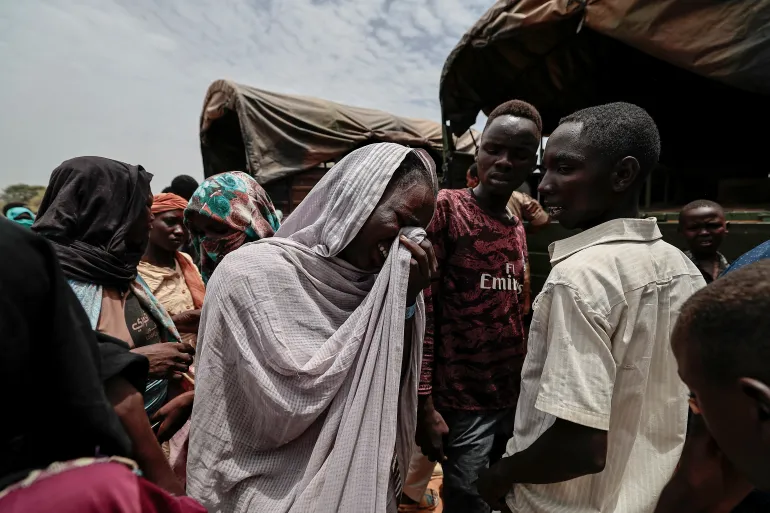
Tue, 17 Dec 2024
Human Rights Watch (HRW) on Monday accused the paramilitary Rapid Support Forces (RSF) and allied militias, at war with the army, of committing widespread sexual violence against women in southern Sudan.
It is the latest such report by international monitors alleging sexual violence during Sudan’s 20-month war which has led to what the United States called the world’s worst humanitarian crisis.
Conquering the clouds on a journey to Ta Xua with the team - Road Trip Vietnam Team - Nếm TV
In its new report, HRW said it had documented dozens of cases since September 2023 involving women and girls aged between seven and 50 who were subjected to sexual violence, including gang rape and sexual slavery, in South Kordofan state.
The latest details follow a separate report last week from the New York-based watchdog which more broadly accused the RSF and allied Arab militias of carrying out numerous abuses, mainly against ethnic Nuba civilians, in South Kordofan state from December 2023 to March 2024.
These attacks, it said, “had not been widely reported” and constituted “war crimes”.
In October, the United Nations Independent International Fact-Finding Mission for the Sudan said both sides have committed abuses including torture and sexual violence.
But it accused the paramilitaries, in particular, of “sexual violence on a large scale”, including “gang rapes and abducting and detaining victims in conditions that amount to sexual slavery”.
“The sheer scale of sexual violence we have documented in Sudan is staggering,” said Mohamed Chande Othman, chair of the fact-finding mission.
The RSF dismissed the UN findings as “social media propaganda”.
Speaking to reporters in Nairobi last month, RSF member Mohamad Mokhtar said the paramilitaries documented only one rape in areas under their control, adding that they had carried out “medical checks” on women to verify rape allegations.
The conflict, which erupted in mid-April 2023, has claimed the lives of tens of thousands of people, internally displaced more than eight million, according to the UN, and forced more than three million others to seek safety in neighbouring countries.
December 16, 2024
By Mohammed Yusuf
VOA

Nairobi, Kenya —
Human Rights Watch has accused Sudan’s paramilitary Rapid Support Forces and allied militias of rape and other acts of sexual violence against women and girls in South Kordofan state. The rights group says the sexual violence constitutes war crimes, and that it underscores the urgent need for international action to protect Sudanese civilians and deliver justice to the victims.
Human Rights Watch says representatives met with raped or sexually abused women in Sudan’s South Kordofan state during their visit this past October.
The women, from the Nuba minority ethnic group, said they were violated and exploited by members of Sudan's paramilitary Rapid Support Forces and allied militias.
The RSF was not available to respond to the allegations against its fighters.
Belkis Wille is an associate director in the Crisis, Conflict and Arms Division at Human Rights Watch.
"In this new report of Human Rights Watch, we have included details that we gathered into the cases of 79 women and girls who were raped by the RSF, including girls as young as seven years old. And indeed we also documented the case of a group of 51 women and girls who were taken by the RSF and held on a military base and used as sex slaves for months," she said.
The survivors and witnesses told investigators that they had been gang-raped since December 2023, and some of the victims were still missing.

Sudan's RSF, allies sexually abused victims from 8-75 years, UN mission says
Local and international rights groups have documented many alleged human rights violations by both the RSF and the Sudanese Armed Forces since the sides went to war in April 2023, battling for power and control of the country.
Hala al-Karib is the regional director of the Strategic Initiative for Women in the Horn of Africa. She said RSF is known to use sexual violence against communities to drive them out of their homes.
"Most of the communities and families who are forced to leave their homes in Sudan, in Khartoum, in Al Gezira and other territories under the control of the RSF. People left because of sexual violence, so it’s used as a land grabbing tool, it’s used to break communities’ capacity to resist and its used also to control communities and to spread fear," she said.
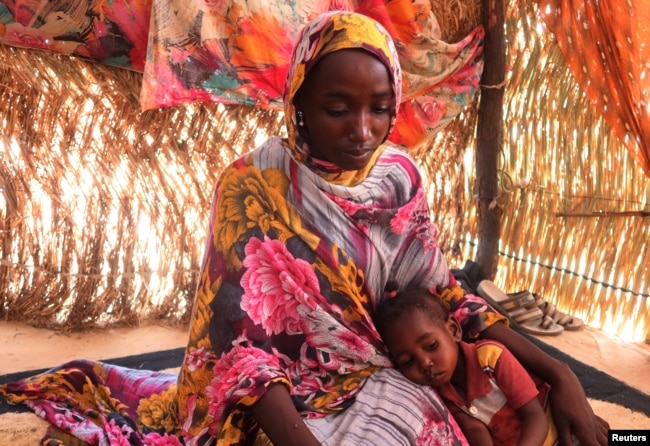
The International Criminal Court in The Hague issued an arrest warrant in 2009 against former President Omar al-Bashir and some commanders of militia groups on allegations of genocide, war crimes, and crimes against humanity in the Darfur region.
Experts say the failure to hand over Bashir, who was ousted in 2019 and is now being held at a military hospital on the outskirts of Khartoum, is one factor that is fueling the conflict in Sudan.
Al-Karib said despite victims of past abuses not receiving justice, people will refuse to accept any solution that does not address the abuse and violations against them.
"Demands for justice should never be silenced. This time, it should be an integral part of any political process because the grievances and the pain communities are having is way too much, and I don't think they are going to accept a political process that will conclude without justice arrangements," she said.
Wille of HRW said survivors and victims of sexual violence need justice and protection.
"It's really important, first and foremost, for the RSF to take action against these abuses. That means investigating their own forces for carrying out incidents of rape. It means immediately releasing any women and girls who are still being held and ensuring that this kind of act doesn't continue. But we do need to see leadership from other actors as well. The U.N. Security Council and the African Union could do far more, for example, creating this mission with a mandate to protect civilians that could be sent into Sudan," she said.
As the violence and suffering of Sudanese civilians continued, in September, Sudan's military-led government rejected a U.N. plan to deploy a mission to protect civilians.













